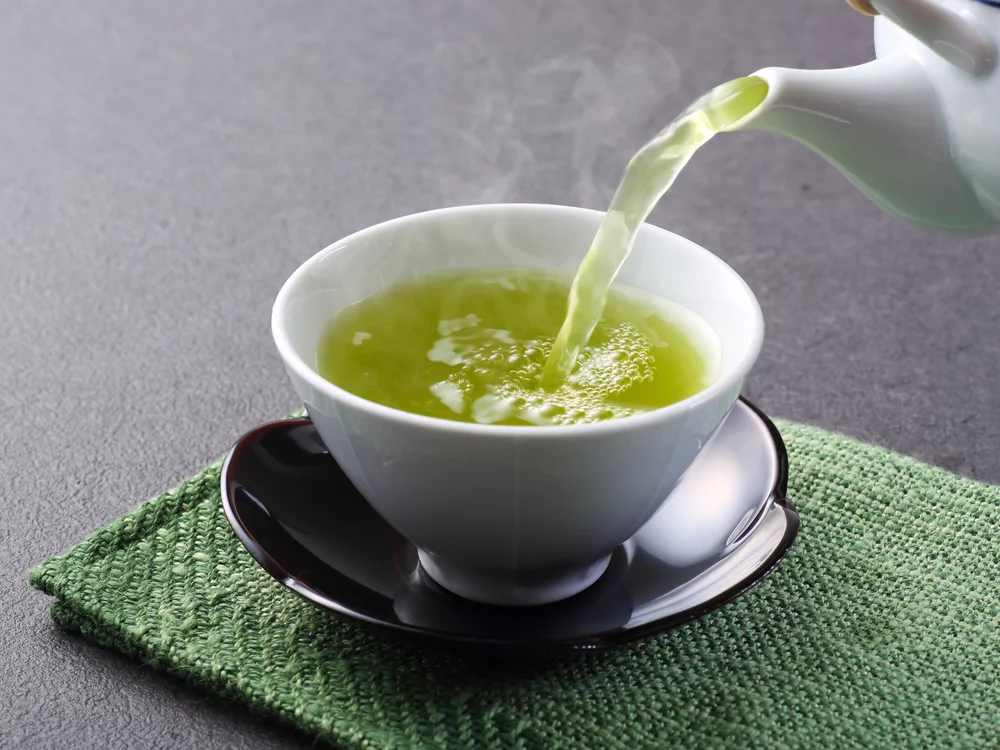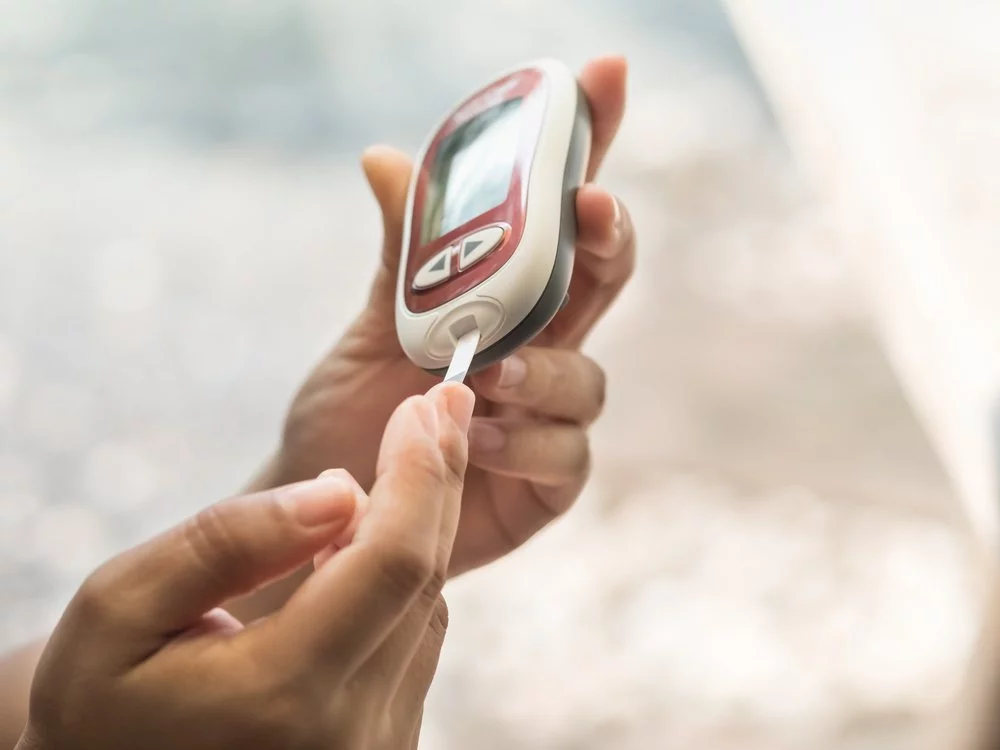Featured August 24, 2019
Short Link:This is What Happens to Your Body When You Drink Tea Every Day
If you’re sipping a cup of tea while reading this, you’re supporting just about every organ in your body. Unsweetened tea is rich in antioxidants, which prevent chronic diseases and help repair cells in the body.
Ariana News Agency-
“Tea comes from the Camellia sinensis plant, which contains antioxidants known as catechins, most importantly epigallocatechin gallate (EGCG),” says Anthony Kouri, MD, an orthopedic surgeon in Toledo, Ohio. “These eliminate free radicals in the body and reduce inflammation.” So pinkies up: it’s time to learn about the amazing benefits (and just a few risks) of drinking tea.
Your risk of certain cancers goes down
The antioxidants and compounds found in tea have been linked to a lower risk of certain cancers. “Beneficial effects have been found in skin, prostate, lung, and breast cancers,” says Uma Naidoo, MD, Director of Nutritional and Lifestyle Psychiatry at Massachusetts General Hospital and Faculty at Harvard Medical School. “Different types of tea impact different cancers.”Drinking tea is just one of the simple ways you can prevent cancer.
Your skin will be healthier
Drinking black tea regularly can significantly reduce your risk of skin cancer. Interestingly, how you prepare it makes a difference. “Hot black tea is helpful for squamous carcinoma of the skin,” says Dr. Naidoo. Hot tea has been found to be more beneficial than the iced alternative and brewing time matters.
Your risk of diabetes decreases
Drinking black tea every day can lower your risk of type 2 diabetes by helping to control your blood sugar after meals. According to a study in the Asia Pacific Journal of Clinical Nutrition, black tea can lower your blood sugar and after eating foods containing sucrose.
Your teeth will be stronger
While sipping tea throughout the day could slightly stain your teeth, it may be worth it. According to a study in the Journal of Oral and Maxillofacial Pathology, green tea has an antibacterial effect that could reduce cavity-forming bacteria in your mouth. Drinking green tea every day could also make cavities less severe.
Your risk of Alzheimer’s disease could decrease
The thought of you or a loved one being diagnosed with Alzheimer’s disease is frightening. It’s important to know the early warning signs of Alzheimer’s and do what you can to prevent it. “Green tea can help you develop resistance against stress, and potentially Alzheimer’s disease,” says Dr. Naidoo. “The polyphenols protect cells from damage.”
Your sleep could improve
If you spend your nights tossing and turning, try winding down with a cup of tea before bed. “East-Asian medicinal tea can improve insomnia,” says Dr. Naidoo. According to a study in Integrative Medicine Research, drinking tea can help improve sleep and quality of life in those with mild-to-moderate insomnia.
Your attention span may improve
The caffeine in tea can improve your attention and alertness. “Theanine is an amino acid that is virtually unique to tea (apart from the fungus Bay bolete),” explains Dr. Naidoo. “It may also improve attention by relaxing the brain, but stimulating it when it is time to focus.”







